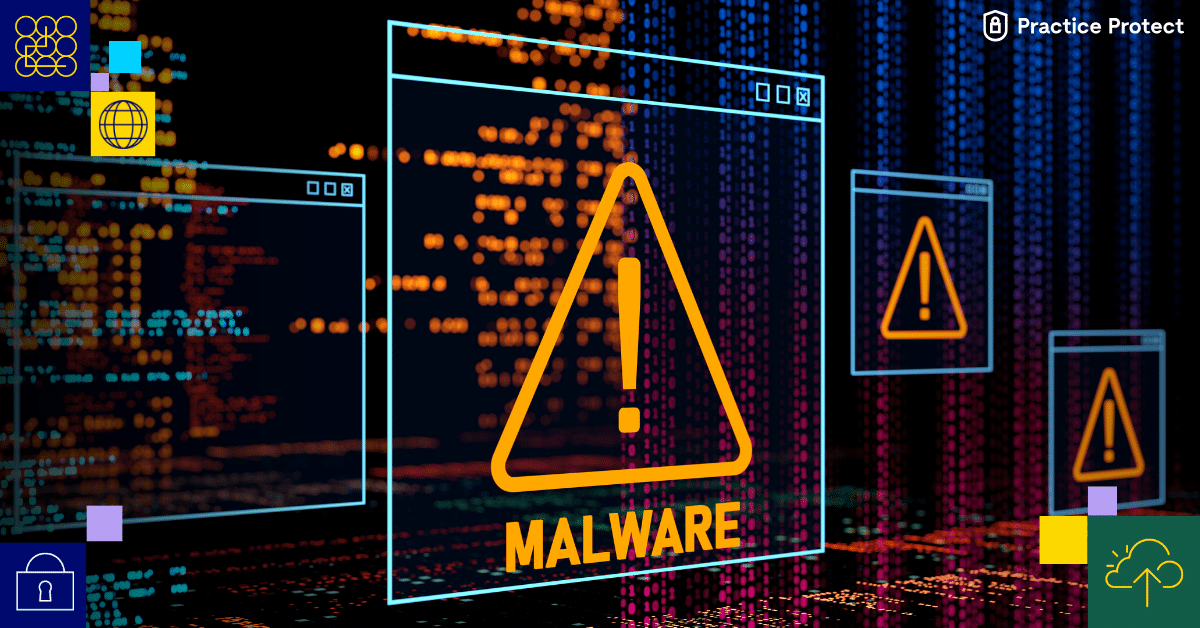Why Anti-Virus Isn’t Enough: Comprehensive Computer Protection Strategies
Understanding Cybersecurity Technology

When it comes to the modern landscape of cybersecurity, often accountants are lost as to what they really need. Many accounting firms believe that installing anti-virus software protects them from malware and other attacks, but that is not the case.
It is a common misconception that installing anti-virus keeps you safe and protected, but it is far from the silver bullet many claim it to be. This isn’t to say don’t use anti-virus, but you need to augment it with other security processes to protect your firm. Explore why you need so much more than just anti-virus to protect your accounting firm from cyber threats.
The Limitations of Anti-Virus Software
Anti-virus software is designed to detect and remove malicious software, such as viruses, trojans, and worms in other words all the nasty stuff criminals try to infect your hardware with. And, before we get into it, it is important to note that not all anti-viruses are created equal, some are much more enhanced, such as the one we use at Practice Protect, which helps combat some of the limitations of traditional anti-virus software.
However, it has several limitations:
- Reactive Nature: Anti-virus programs primarily operate on a signature-based detection method. They identify threats by comparing them to a database of known malware. This means they can only protect against threats that have already been identified and cataloged. A more advanced anti-virus solution will be undertaking proactive monitoring and quarantining software never seen, meaning you have real-time protection, not reactive.
- Zero-Day Vulnerabilities: These are exploits that take advantage of software flaws before developers can patch them. Since these threats are unknown to the anti-virus database, they can slip through undetected. Again, this is where that more advanced, proactive monitoring and quarantining takes effect, it doesn’t rely on a developer to have coded the threat, it automatically detects brand new viruses and malware.
- Phishing Attacks: Anti-virus software may not always recognize phishing schemes, which trick users into divulging personal information by masquerading as trustworthy entities. You cannot rely on anti-virus software alone; you also need to pair it with advanced email security as well.
- Adware and Spyware: While some anti-virus programs include features to detect adware and spyware, these are often not as comprehensive or effective as dedicated anti-malware tools. Again, a more comprehensive and advanced anti-virus software will be able to do this much better than a standard anti-virus software tool.
What you need to complement Anti-Virus Software
It is crucial no matter what to have anti-virus software installed on your computer, but below are additional investments we recommend bolstering your firm’s cybersecurity measures.
- Firewall or Access Protection
- Software Firewalls: These act as a barrier between your computer and the internet, monitoring incoming and outgoing traffic to block malicious activity. You can also invest in solutions such as Identity Management Platform which focus on the same issue with a more robust solution around access to applications in addition to standard firewalls.
- Regular Software Updates
- Operating System (OS) Updates: Keeping your OS up to date is crucial as updates often include patches for security vulnerabilities. As these systems discover new threats, they provide regular updates via patches to ensure strong protection, any quality cybersecurity provider will include this in their device management services.
- Application Updates: Regularly update all software applications, including web browsers and plugins, to prevent exploitation of security holes.
- Strong Password Practices
- Complex Passwords: Use passwords that combine letters, numbers, and special characters. Here at Practice Protect we recommend at least a 12-character, number and letter password for best practice security.
- Two-Factor Authentication (2FA)
- Enhanced Security: 2FA adds an extra layer of security by requiring a second form of verification (e.g., a code sent to your phone) in addition to your password.
- Implementation: Enable 2FA on all accounts that offer it, especially those containing sensitive information.
- Backup Solutions
- Regular Backups: If you are not fully cloud-based we recommend regularly backing up your data to an external hard drive or cloud service.
- Automated Backups: Set up automated backups to ensure your data is consistently protected without requiring manual intervention.
- Security Awareness Training
- Phishing Simulations: Participate in or conduct phishing simulations to learn how to recognize and avoid phishing attempts. Here at Practice Protect we provide these on demand in our University so whenever a new team member comes onboard you know this is taken care of.
- Regular Training: Stay informed about the latest security threats and best practices through regular training sessions.
While anti-virus software plays a critical role in protecting your computer, it’s not a catch-all solution. By understanding its limitations and implementing additional security measures, you can significantly enhance your computer’s defense against a wide array of cyber threats. Stay proactive, stay informed, and remember, a multi-layered security approach is your best bet for staying safe in the digital world.

